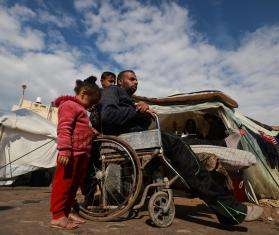December 15, 2015, marks two years of conflict since fighting broke out in South Sudan's capital, Juba, and spread rapidly throughout the country. This collection of photographs reflects the work of Doctors Without Borders/Médecins Sans Frontières (MSF) in 18 locations in South Sudan and in camps across the borders in Ethiopia and Uganda where many South Sudanese have taken shelter.
MSF employs more than 2,900 South Sudanese and 300 international staff who respond to a wide range of medical emergencies, including complicated deliveries, war trauma, malnutrition, and the neglected disease kala azar.
In recent months, southern Unity State has been the focus of much of the violence related to the conflict, and, as we've seen in previous years, MSF’s staff and facilities have not been spared.
On this second anniversary of the conflict, MSF calls for an increased humanitarian response to the dire conditions faced by the population of South Sudan. The malnutrition situation in southern Unity State is of particular concern and the need for access to health care for the people of South Sudan is as great as it has ever been in the past two years. Following the recent killing of five of its staff members in southern Unity State, MSF reiterates its call for respect for its medical facilities and its staff, as well as the protection of the civilian population who, caught up in the ongoing fighting, are suffering immeasurably.













